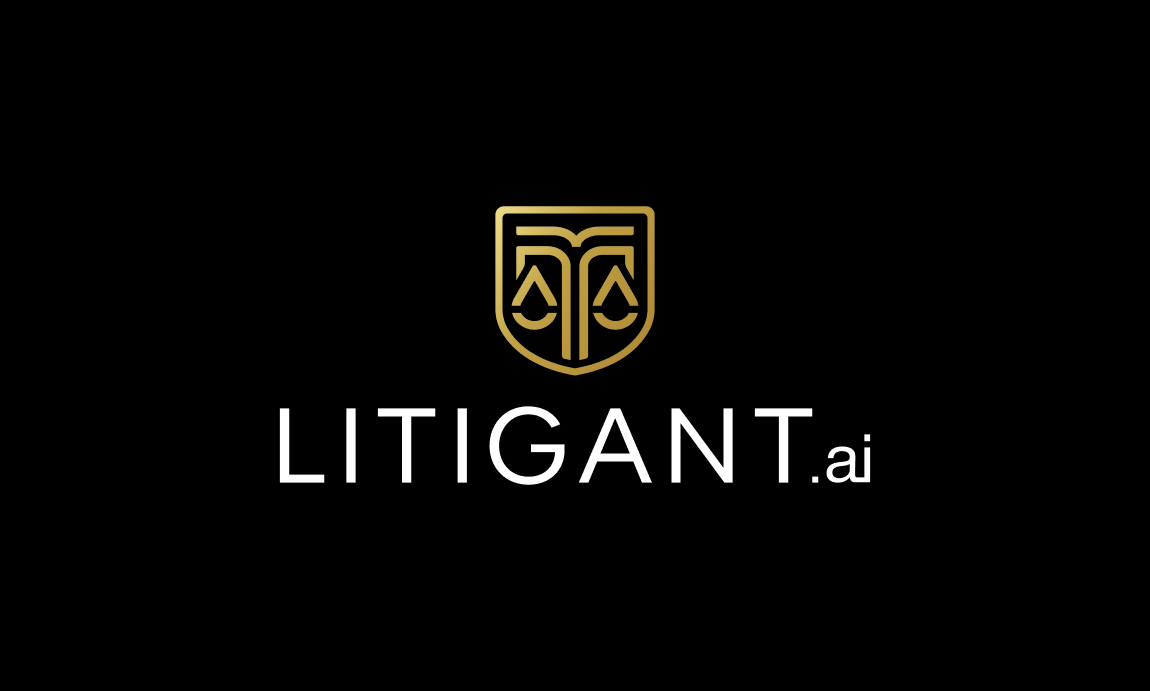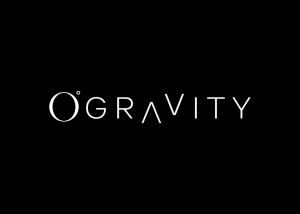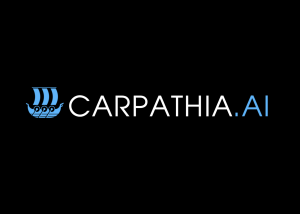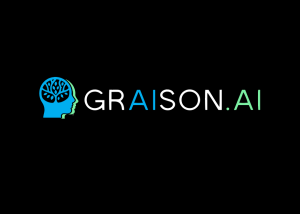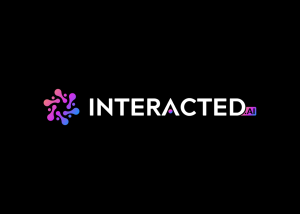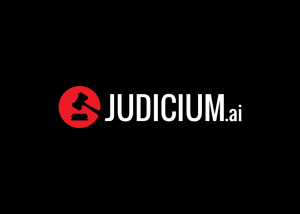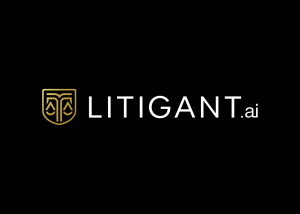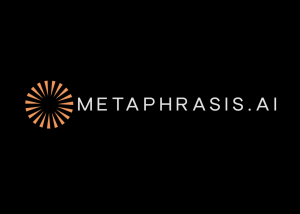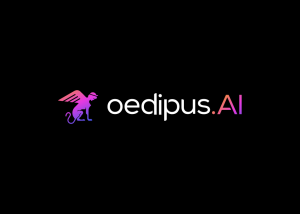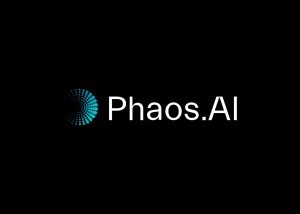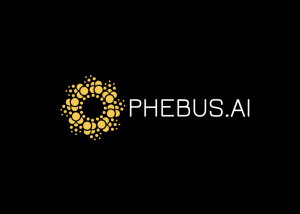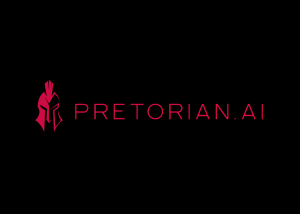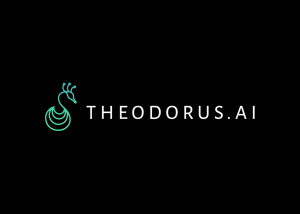Litigant.AI
Litigant represents a quantum leap in legal technology, harnessing advanced AI capabilities to redefine how legal professionals approach their work.
Litigant leverages cutting-edge algorithms and machine learning techniques to provide unprecedented accuracy and efficiency in legal research, case analysis, and document automation.
As a beta tester, you will have exclusive access to Litigant’s transformative capabilities, contributing to its refinement and shaping the future of legal technology. Experience how Litigant’s revolutionary approach can elevate your legal practice to new heights.
LITIGANT.Ai’s features include:
- AI-Powered Learning: Litigant’s advanced algorithms enable it to learn and uncover insights at a pace and depth surpassing that of multiple human analysts combined, as well as giant law firms with centuries of experience, providing you with unparalleled analytical power and efficiency.
- Advanced Predictive Analytics: Litigant anticipates case outcomes with remarkable precision, allowing legal teams to strategize more effectively.
- Advanced Sentiment Analysis: Litigant performs advanced sentiment analysis to gauge the emotional tone and attitudes expressed in legal documents, testimonies, and communications.
- Arguments: Litigant aids in crafting compelling legal arguments by analyzing relevant case law, evidence, and opposition strategies, helping users develop strong, evidence-based positions.
- Audio and Video Analysis: Litigant provides advanced audio and video analysis capabilities, including real-time analysis. It analyzes audio recordings for tone, sentiment, and key information, and evaluates video footage for visual cues, behavior patterns, and contextual relevance as they occur, enhancing the immediacy and accuracy of insights derived from recorded materials.
- Automated Legal Drafting: Litigant automates the drafting of legal documents, contracts, and briefs, streamlining the creation process and ensuring accuracy and compliance with legal standards.
- Behavioral Analysis and Psychology: Litigant incorporates behavioral analysis and psychological insights to assess the motivations and mental states of parties involved, providing a deeper understanding of their actions and potential impacts on case outcomes.
- Case Analysis: Litigant performs in-depth case analysis to assess the strengths, weaknesses, and overall strategy of a case. It integrates various data points and insights to provide a thorough evaluation, supporting informed decision-making.
- Case Outcome Simulation: Litigant simulates potential case outcomes based on various scenarios and strategies, providing insights into the probable results of different approaches.
- Case Preparation: Litigant streamlines case preparation by integrating various analytical tools, ensuring that all necessary information is organized, reviewed, and ready for presentation in court.
- Case Strategy: Litigant provides advanced tools for developing and refining case strategies based on predictive analytics, evidence analysis, and comprehensive insights into all aspects of the case.
- Client Confidentiality: Litigant is designed with client confidentiality as a top priority. The platform employs advanced security measures to protect sensitive information, ensuring that all data is handled with the utmost care and complies with legal privacy standards.
- Client Interaction Tools: Litigant offers tools for effective client interaction, facilitating communication, feedback, and collaboration between legal professionals and their clients.
- Collaboration Tools: Litigant includes built-in collaboration features that allow legal teams to work together more effectively. Whether sharing insights, documents, or strategies, these tools ensure that all team members are aligned and can contribute to the case with up-to-date information.
- Corruption Detection: Litigant investigates and identifies signs of corruption within legal proceedings and law enforcement actions. By analyzing patterns, financial transactions, and behavioral data, Litigant uncovers potential misconduct and unethical practices, providing critical insights to address and mitigate corruption in the legal system.
- Customizability: Litigant offers extensive customization options, allowing users to tailor the platform to their specific needs. From workflow adjustments to the prioritization of certain types of analysis, Litigant can be configured to match the unique requirements of each legal practice.
- Customizable Workflow Integration: Seamlessly integrate Litigant into existing legal workflows, adapting to specific needs and enhancing overall productivity.
- Data Analysis and NLP: Litigant employs sophisticated data analysis and Natural Language Processing (NLP) to process vast amounts of legal data, extract meaningful patterns, and interpret complex language with precision, enhancing your ability to make informed decisions based on comprehensive insights.
- Deployment: Litigant offers seamless deployment options, ensuring that the tool can be efficiently integrated into various legal environments. Whether for a single user or an entire firm, Litigant’s deployment processes are designed to ensure smooth implementation and minimal disruption.
- Docket Analysis: Litigant provides comprehensive analysis of dockets and decisions to reveal the underlying reasons and mechanisms behind judicial outcomes, including understanding all moving parts and factors that are not readily apparent.
- Ethical AI and Compliance: Litigant is built with a strong emphasis on ethical AI use, ensuring compliance with legal standards and best practices. The tool is designed to operate transparently, providing explanations for its analyses and decisions, thereby fostering trust and accountability.
- Ethical and Bias Monitoring: Litigant monitors and addresses ethical considerations and potential biases in legal processes, ensuring fair and impartial analyses and recommendations.
- Enemy Network Analysis: Litigant conducts enemy network analysis to map and understand the connections and influences within opposing parties. This feature provides insights into the relationships, motivations, and strategies of adversaries, helping users anticipate and counteract potential challenges.
- Evidence Analysis: Litigant meticulously examines and evaluates evidence, identifying key facts, discrepancies, and patterns. Its advanced algorithms provide a detailed analysis of evidence to support case strategies and ensure comprehensive coverage of all pertinent information.
- Integration with E-Discovery Tools: Litigant integrates with e-discovery tools to enhance the process of identifying, collecting, and analyzing electronic evidence.
- Integration with External Tools: Litigant integrates with external tools and platforms to extend its functionality and ensure compatibility with other legal technology and software.
- Integration with Legal Databases: Litigant seamlessly integrates with major legal databases, providing direct access to vast repositories of case law, statutes, and legal literature. This integration enhances the tool’s ability to cross-reference and analyze data, ensuring comprehensive and accurate results.
- Intelligent Document Review: Automated analysis and categorization streamline the review process, highlighting critical information and reducing manual effort.
- Interactive Legal Simulation: Litigant includes interactive legal simulations to model various legal scenarios and outcomes, providing a dynamic environment for testing strategies and understanding potential case results.
- Judicial Bias and Errors of Law: Litigant detects potential judicial bias and errors in legal reasoning by analyzing case law and judicial decisions. It identifies patterns of bias and discrepancies in legal interpretations, providing insights into how such factors might affect case outcomes and offering strategies for addressing these issues.
- Knowledge Management System: Litigant includes a knowledge management system to organize and access legal knowledge, insights, and resources efficiently.
- Law Enforcement Analysis: Litigant analyzes law enforcement behavior, psychology, and interactions using predictive data tools. This feature offers insights into law enforcement patterns and potential biases, supporting a more thorough understanding of cases involving police and investigative actions.
- Legal Research Assistant: Litigant includes a legal research assistant feature to help users quickly find relevant case law, statutes, and legal literature, enhancing the efficiency of legal research.
- Military-Grade Encryption: Litigant ensures your sensitive files are securely stored with top-tier encryption, safeguarding your data against unauthorized access.
- Mistake Finder: Litigant identifies and analyzes judicial mistakes and why they occurred based on legal principles, drawing from a comprehensive data analysis of every major legal textbook to offer precise corrections and improvements.
- Multi-Language Support: Litigant supports multiple languages, allowing users to work with legal materials and conduct analyses in various linguistic contexts.
- Opposition Research and Analysis: Litigant conducts thorough opposition research to anticipate strategies, strengths, and weaknesses of adversaries. By analyzing historical data and current positions, Litigant provides actionable insights to anticipate and counter opposing arguments effectively.
- Political Involvement: Litigant examines the influence of political decisions on legal outcomes by analyzing the roles of key actors and their involvement in rulings. It identifies politically motivated decisions and uncovers the impact of these factors on judicial outcomes, offering critical insights for understanding and navigating politically influenced cases.
- Real-Time Analysis: Litigant offers real-time analysis of both audio and video materials, providing instantaneous insights and updates as new data becomes available.
- Real-Time Collaboration: Litigant supports real-time collaboration among legal teams, allowing multiple users to work together on documents, strategies, and case analysis simultaneously.
- Real-Time Legal Insights: Litigant offers up-to-the-minute updates on legal trends, regulations, and case law, ensuring users are always informed.
- Risk Analysis: Litigant assesses potential risks associated with case strategies, outcomes, and legal decisions, providing insights to mitigate adverse impacts and enhance strategic planning.
- Support and Training: Litigant provides comprehensive support and training resources to ensure that users can fully leverage its capabilities. This includes access to training modules, customer support, and continuous learning opportunities to keep users updated on new features and best practices.
- Transcript Analysis: Litigant analyzes transcripts to uncover behavioral patterns and deep insights, offering a nuanced understanding of testimonies and interactions that can inform legal strategies.
- Updates and Improvements: Litigant is continuously evolving, with regular updates that introduce new features, enhance existing ones, and improve overall performance. Users benefit from the latest advancements in legal technology, ensuring that their tools remain at the cutting edge.
- User Feedback and Adaptation: Litigant incorporates user feedback to continuously adapt and improve its features, ensuring that the platform evolves to meet the needs of its users.
- User Interface and Experience: Litigant is designed with a user-friendly interface that prioritizes ease of use and intuitive navigation. The platform’s layout is optimized for efficiency, allowing legal professionals to access tools and insights quickly, minimizing learning curves, and maximizing productivity.
- Visualization: Litigant visualizes all data through comprehensive charts and graphs, presenting a clear, organized view of case information, trends, and analytics. These visualizations enhance understanding and facilitate data-driven decision-making by summarizing complex information in an accessible format.

